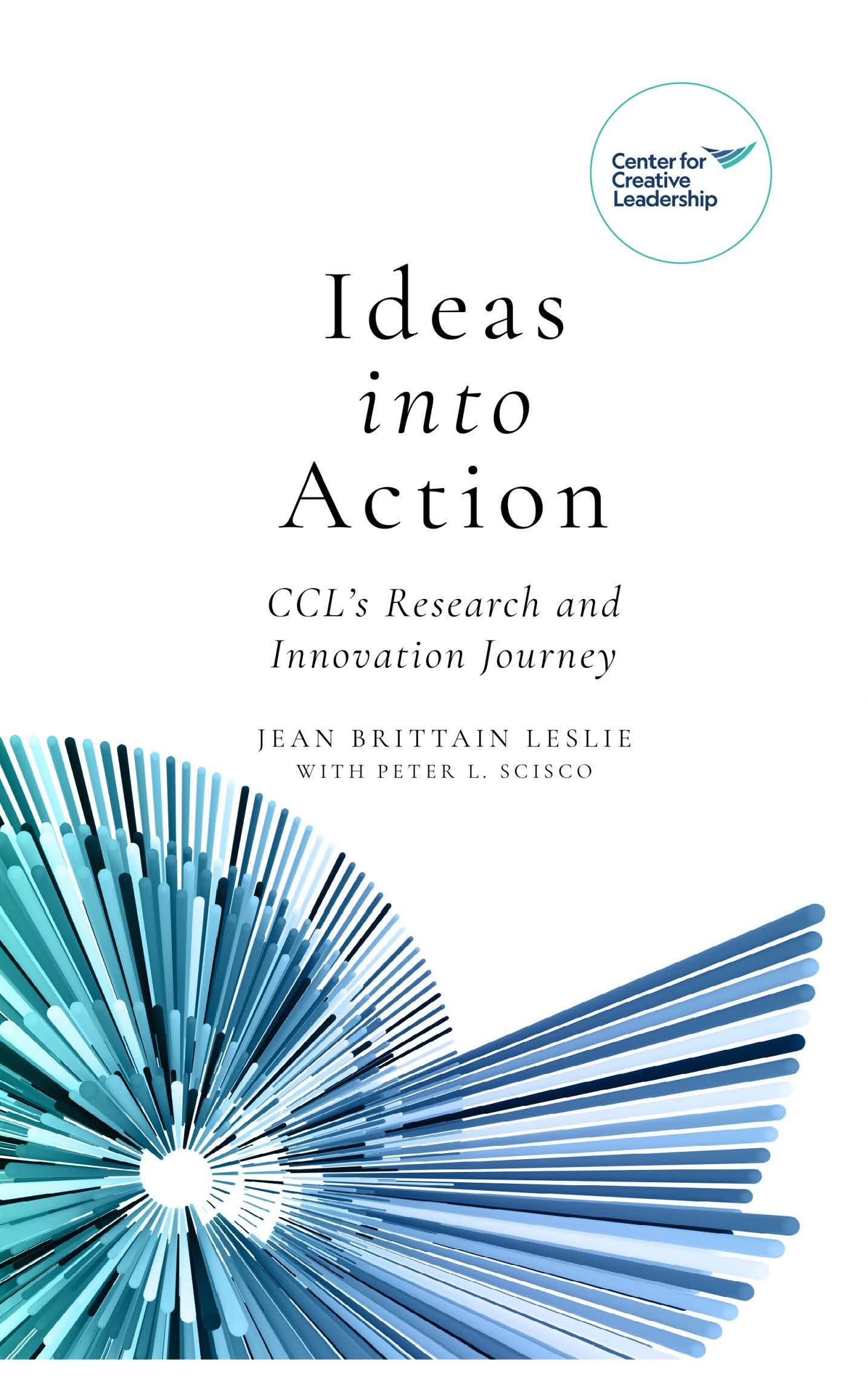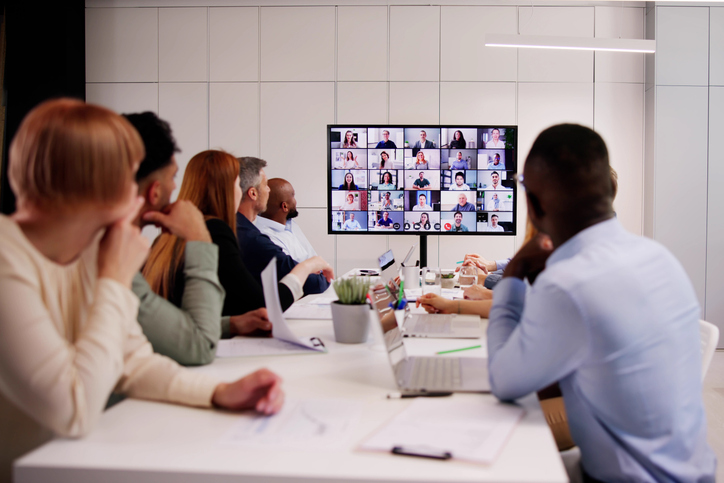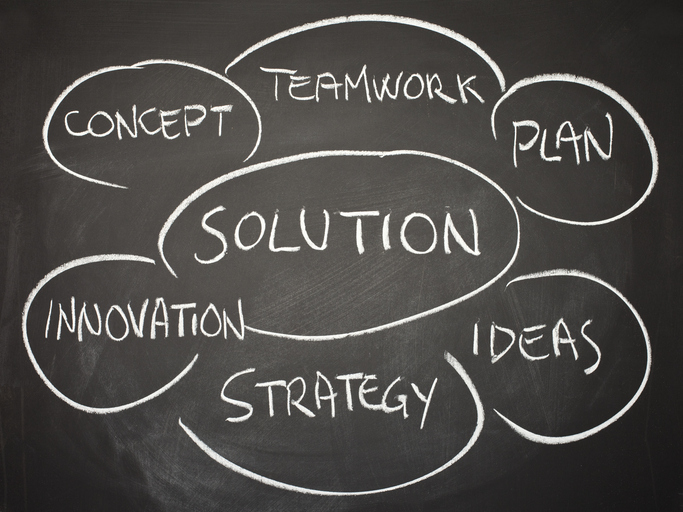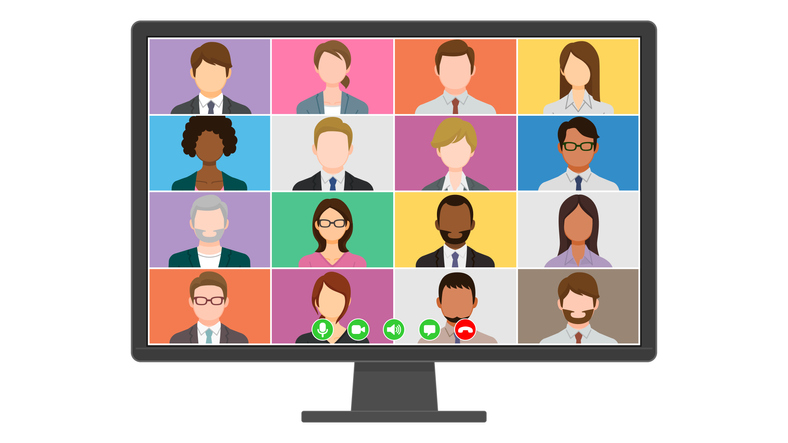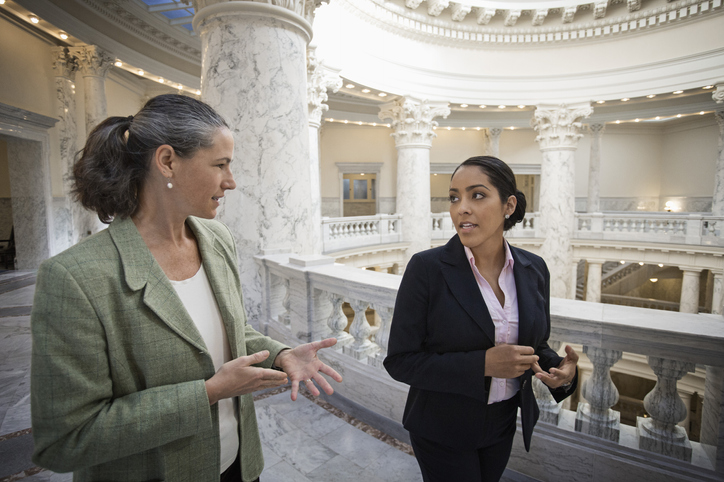Trending Now
News
Research Insights Papers
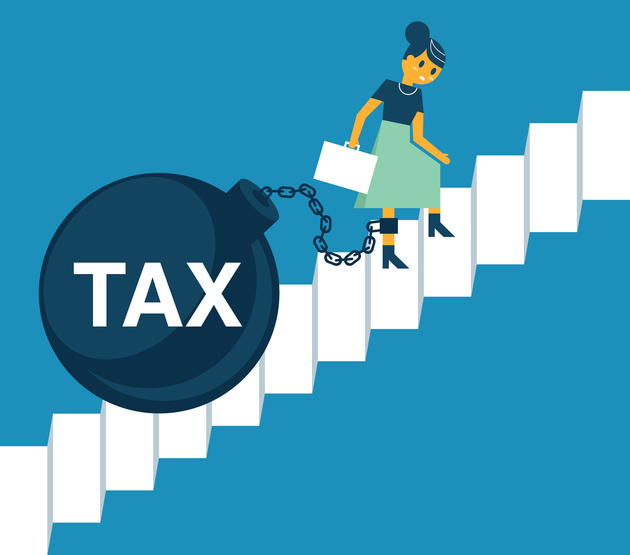
May 15, 2025
Research Insights Papers
Too much workplace helping may be a hidden culprit in explaining women’s slower career advancement. Due to different social role expectations, women are expected to help more at work and to help in more tine-consuming ways – essentially, taking on a ‘wifely’ role in organizations. This constitutes a hidden tax on women that detracts from time for more visible and rewarded tasks and activities, leading to less influence and impact. This Insights paper highlights some of the systemic factors that enable these helping expectations and offers re-balancing strategies for organizations and people leaders.

May 14, 2025
Research Insights Papers
Unleash the extraordinary story of healthcare's dramatic pivot! This research reveals how COVID-19 created a perfect storm that drove an auspicious alignment of policy, economics, society, and technology to mainstream telemedicine after decades of resistance, transforming patient care virtually overnight.

April 28, 2025
Research Insights Papers
This piece discusses how to leverage CCL’s TeamVantage™ assessment to guide leaders and their teams along the group’s developmental journey. Specific emphasis is given to the outcomes of leadership (i.e., direction, alignment, and commitment), networks of influence, and the value of data-driven development efforts.

April 11, 2025
Research Insights Papers
Employees with high levels of psychological capital believe they have control over their own success (efficacy, hope), expect good things to happen (optimism), and rebound more easily following failure (resilience). In this study, we explored relationships among psychological capital (PsyCap), organizational citizenship behavior (e.g., helping others, volunteering for tasks that help the group or organization, speaking up with ideas) and social network positions. Our results suggest that PsyCap is a source of competitive advantage – both for leaders and for organizations – and that it may be worthwhile to invest in developing this malleable resource.
Blog

May 14, 2025
Blog
If you’ve ever been tasked with designing or selecting the right leadership development solution for your organization, you may have found yourself wondering about the benefits of providing some form of coaching. In that case, understanding how coaching uniquely contributes to leaders’ development is essential to making an informed decision.

May 30, 2024
Blog
This blog post highlights the impactful role of Employee Resource Groups (ERGs) and young professionals in driving organizational change. It details the journey of a mentorship program from an ERG initiative to a global, organization-wide program, emphasizing the power of collective effort, data-informed strategies, and strategic scaling.


